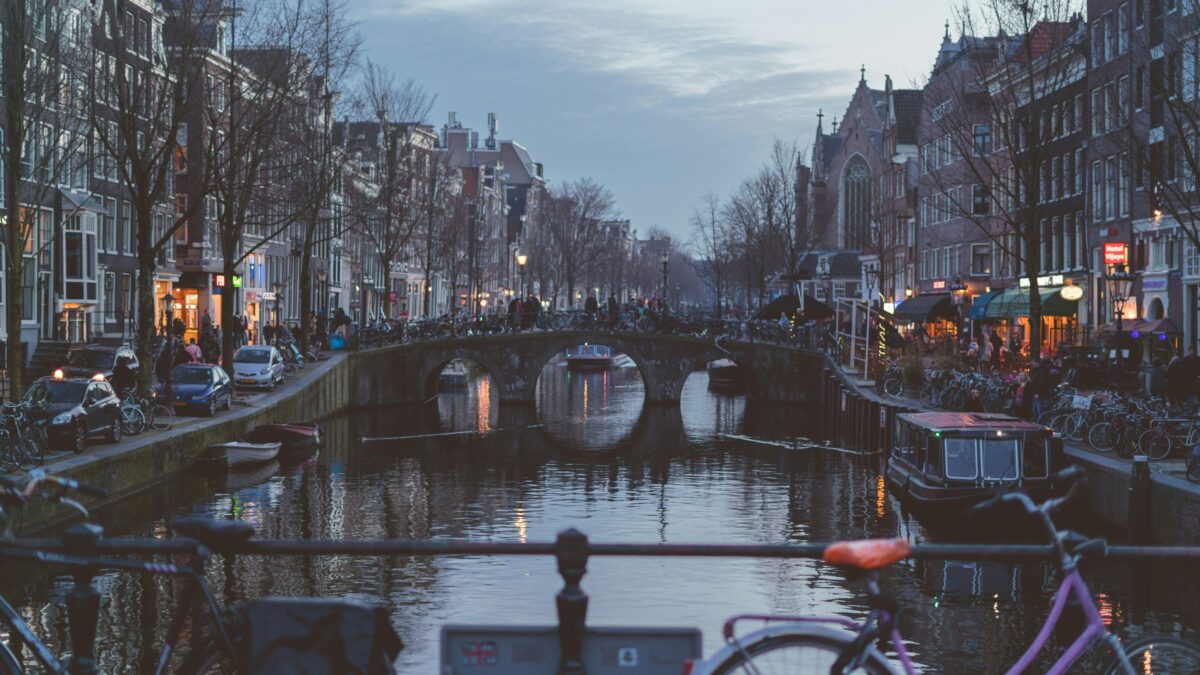The Cultural Heartbeat of Amsterdam: The Significance of Coffeeshops

Kief vs. Hash
05/09/2024
Amsterdam’s World-Famous Street Markets
05/18/2024The Cultural Heartbeat of Amsterdam: The Significance of Coffeeshops

Amsterdam’s coffeeshops are more than just places to grab a cup of coffee—they’re cultural institutions that have become synonymous with the city’s identity and spirit. These unique establishments, where cannabis is legally sold and consumed, play a central role in shaping Amsterdam’s reputation as a global hub of tolerance, diversity, and creativity.
The roots of Amsterdam’s coffeeshop culture can be traced back to the 1970s, a time of social upheaval and countercultural movements. Amidst changing attitudes towards cannabis and a desire to address the growing issue of drug tourism, the Dutch government adopted a pragmatic approach to drug policy, distinguishing between soft drugs like cannabis and hard drugs like heroin. This laid the groundwork for the establishment of the first coffeeshops, which were envisioned as safe and controlled environments where adults could purchase and consume cannabis without fear of prosecution. Since then, coffeeshops have become an integral part of Amsterdam’s social fabric, serving as gathering places for locals and tourists alike. These establishments are known for their relaxed and laid-back atmospheres, where people from all walks of life can come together to enjoy a smoke, engage in lively conversations, and soak in the city’s vibrant energy.
But coffeeshops are more than just places to consume cannabis—they’re also spaces where cultural exchange flourishes. From art exhibitions and live music performances to poetry readings and political discussions, coffeeshops serve as platforms for creative expression and social activism. They reflect Amsterdam’s ethos of tolerance, openness, and freedom of expression, providing a space where people can come together to challenge societal norms and celebrate diversity.
Moreover, coffeeshops play a vital role in Amsterdam’s tourism industry, attracting millions of visitors from around the world each year. For many travelers, visiting a coffeeshop is a quintessential Amsterdam experience, offering a glimpse into the city’s progressive drug policy and liberal attitudes towards cannabis. It’s not uncommon to see tourists from all corners of the globe mingling with locals, sharing stories, and forging connections over a joint or a cup of tea.
Despite their cultural significance, coffeeshops continue to face challenges and controversies, particularly around issues of regulation, public safety, and drug tourism. In recent years, the Dutch government has implemented measures to address these concerns, including restricting access to coffeeshops for non-residents and cracking down on illegal drug trafficking. However, coffeeshop owners and advocates remain committed to preserving Amsterdam’s unique coffeeshop culture while ensuring responsible and sustainable cannabis consumption practices.
Amsterdam’s coffeeshops were and always will be symbols of the city’s progressive values, cultural diversity, and spirit of innovation.



